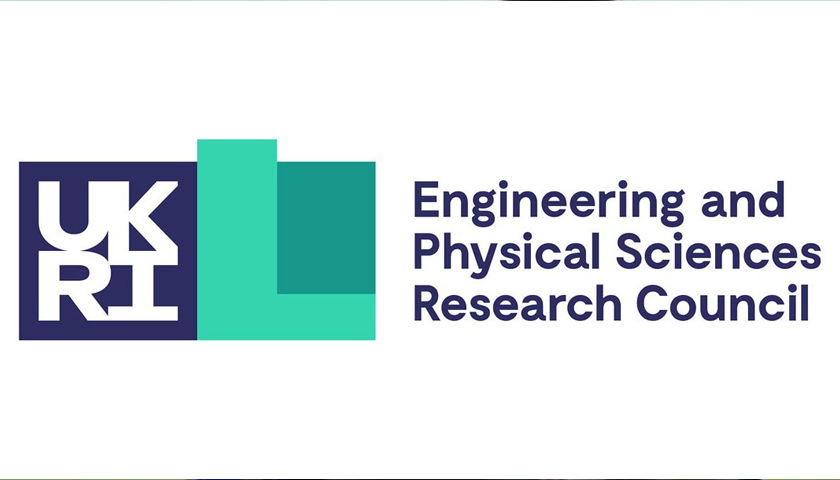Recognizing the urgent need for deeper discussions about Artificial Intelligence’s societal impact, a global team of experts has developed a glossary that goes beyond standard definitions to spark critical conversations.
“Critical Conversations about AI: A Glossary for Big Questions and Bold Ideas” is derived from key insights gained at last month’s Action AI Summit, in Paris, where participants identified the need for a resource that goes beyond conventional definitions.
The AI landscape is evolving rapidly – raising profound questions about societal, ethical, and philosophical implications. By exploring rarely discussed terms within the AI ecosystem, the glossary serves as an engaging and thought-provoking tool designed for professionals, educators, policymakers, and curious minds.
The glossary was created by AI and digital technology experts from the Centre for AI in Government at the University of Birmingham, the International Observatory on the Societal Impacts of AI and Digital Technology (Obvia), in Canada, and Tech Hub at the Geneva Graduate Institute.
And the glossary authors are calling upon people who identify a missing term or a concept to explore in more detail to share their suggestion.
Dr. Lyse Langlois, Executive Director, Obvia, commented: “The glossary is an essential tool in fostering critical reflection on AI’s societal implications. By providing nuanced definitions and stimulating discussions, we aim to empower individuals and organizations to engage meaningfully with the future of AI.”
Each term in the glossary is presented with a clear definition, concrete examples, and open-ended questions that invite deeper reflection and dialogue. The goal is to encourage ongoing conversations about the intersection of technology and society within an educational framework.
Dr. Jérôme Duberry, Managing Director of the Tech Hub, Geneva Graduate Institute commented: “This glossary helps translate complex AI concepts into meaningful conversations that bridge theory and practice. AI literacy is crucial—not only for students but also for senior decision-makers who shape policies and strategies. By fostering open dialogue, we can collectively work toward a future where AI is developed and used in an ethical, sustainable, and inclusive manner.”
The Critical Glossary is a living document, continuously evolving and updated annually to integrate fresh insights and new perspectives on the social and philosophical dimensions of technological advancements.
Dr. Martin Wählisch, Associate Professor, Center for AI in Government, University of Birmingham commented: “AI is not just a technological evolution; it’s a societal transformation. Critical thinking about its impact is more essential than ever. This glossary serves as a key resource for fostering informed discussions—both in classrooms and high-level policy debates—helping to navigate the complexities of emerging AI-related challenges with responsibility and foresight.”
The Glossary is available here:

